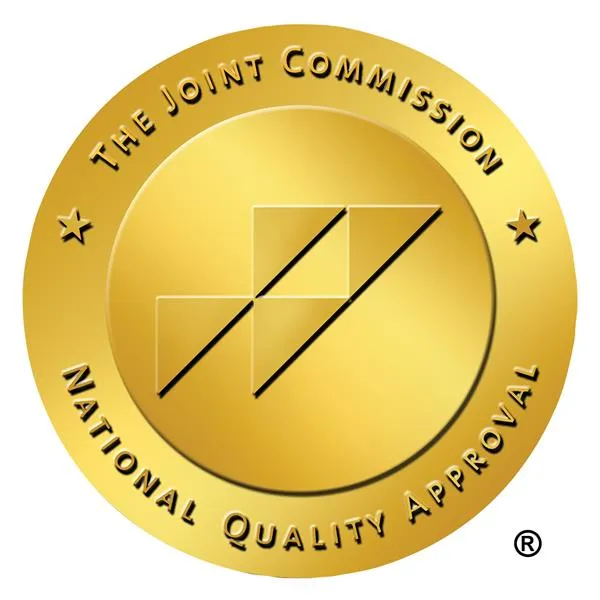Underneath your scrubs and mask is your body’s biggest organ that needs special and consistent care — your skin. For nurses who work long and stressful hours at healthcare facilities and hospitals, it’s important to keep your skin clean and healthy. By properly caring for your skin, you don’t just improve your appearance (and reach your skincare goals, whatever they may be!), but you also strengthen your body’s defenses against bacteria, illnesses, viruses, infections, and other harmful elements that can affect your overall health.
We list some important and easy-to-do skincare tips for nurses to keep skin clean, healthy, nourished, and radiant.
Skincare tips for nurses: How to keep your skin clean and protected
Regularly cleanse your skin
The first step to any skincare routine is cleansing your skin. Washing your skin to remove impurities and dirt is essential in maintaining a clean and clear complexion. If you have oily, dry, combination, sensitive, and normal skin, choose a cleanser that works best with your skin type and its specific needs.
The number of times you wash your skin will also depend on what your skin needs. For example, if you have oily or acne-prone skin, it’s generally recommended for you to wash your face twice a day. However, if you have dry, sensitive, or more mature skin, it might be better to wash once daily to avoid stripping critical oil from your skin.
Always moisturize — yes, even if you have oily skin
Not only does moisturizing prevent fine lines and wrinkles from forming and help you maintain youthful and radiant skin, but it also prevents you from getting inflammation and skin disorders. After you clean your face, put on moisturizer to soothe and hydrate your skin and lock in moisture.
Contrary to popular belief, even if you have oily or acne-prone skin, you still need to moisturize. Oily skin is not the same as moisturized skin, and it’s possible (and quite common) to have both oily and dehydrated skin, especially for nurses who are constantly exposed to cold and air-conditioned air at hospitals, are not drinking enough water, and are using anti-acne treatments. Find a non-comedogenic moisturizer that has ingredients that work best for oily or acne-prone skin, including hyaluronic acid, dimethicone, and ceramides.
Don’t forget to pamper your dry hands
As a healthcare professional, you understand just how important good handwashing practices are. When done properly, handwashing can effectively remove germs and stop the spread of illnesses, which is incredibly critical when working with ill and vulnerable individuals. However, frequent handwashing and exposure to chemicals and powdered or nitrile gloves can lead to dry, cracked, and sore hands.
When washing your hands, use gentle and moisturizing hand soaps instead of those that contain harsh ingredients such as sodium lauryl sulfate, which can cause dryness, redness, or scaliness in people sensitive to it.
Even though it’s tempting to use hot water, especially during the colder months, go for cool or lukewarm water when washing your hands to avoid washing off healthy skin oils. While your skin is damp, you can apply a moisturizer or a moisturizing hand cream to keep the moisture in your hands locked in and prevent dryness.
Build a skincare routine that works for you, especially if you’re a night-shift nurse
The night shift comes with its fair share of challenges, including building and maintaining a skincare routine to deal with or address skincare conditions.
To ensure that your routine is sustainable, keep it simple and tailor it to your schedule. If you work the night shift and leave the facility when the sun’s up, put on sunscreen before you head home. Regardless of what time you get home from work, wash your face to remove dirt and pollutants and prevent breakouts. If you want to use retinol or retinoid, make sure that you stay or sleep in a dark room (because retinol can be less effective when exposed to sunlight) and use a moisturizer.

